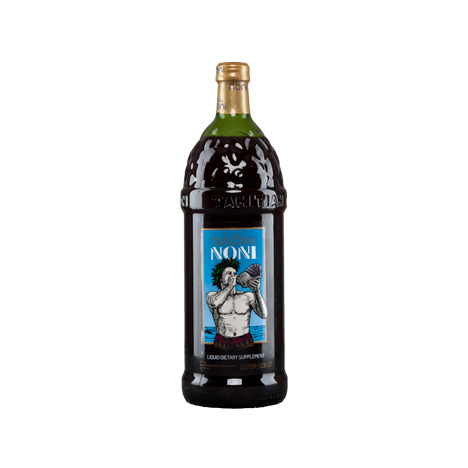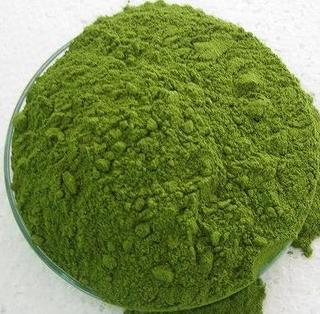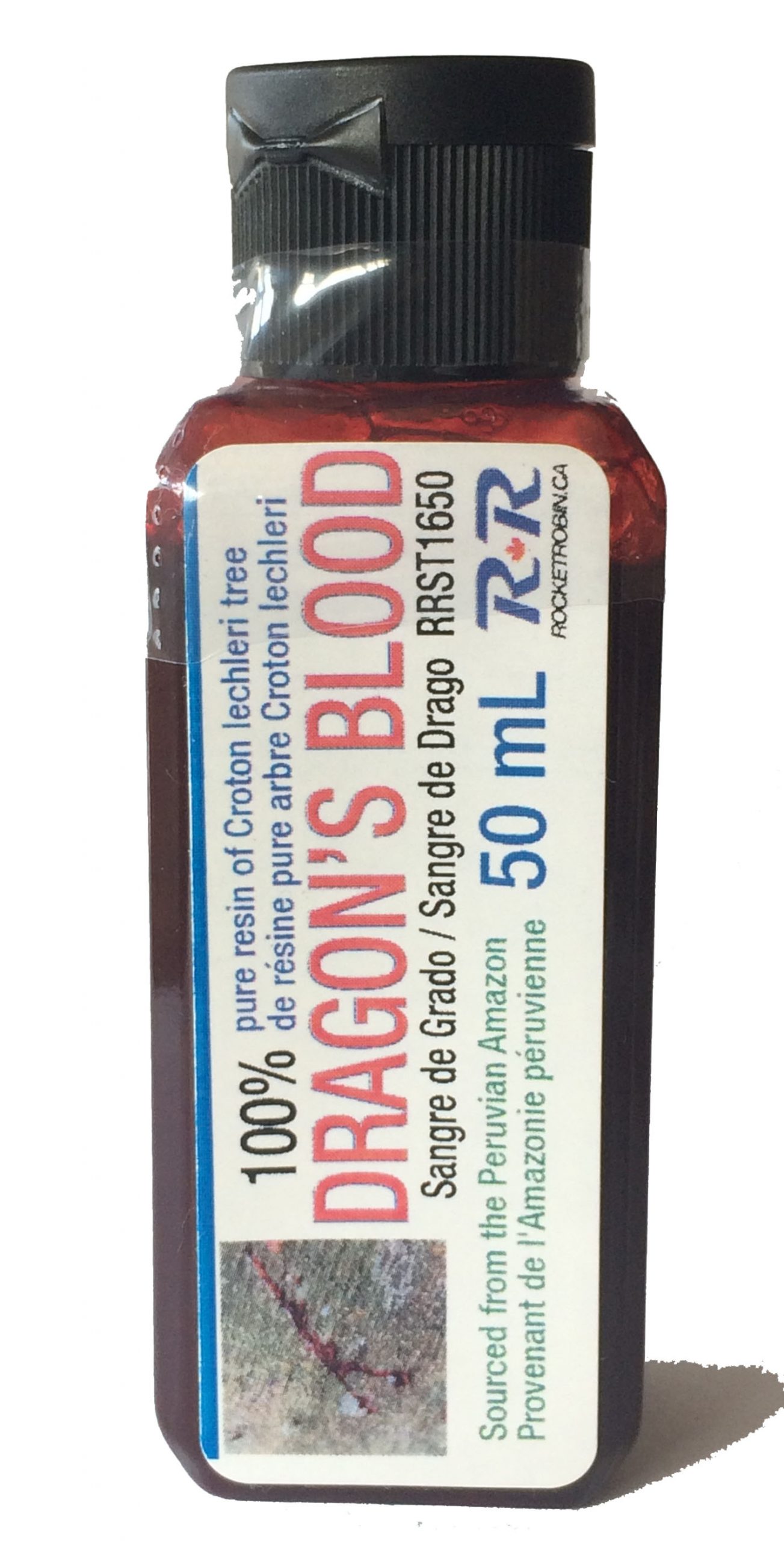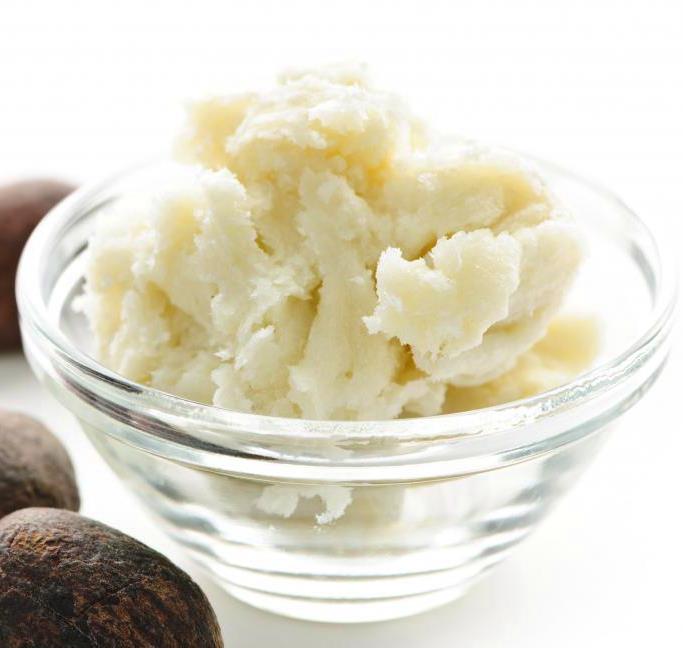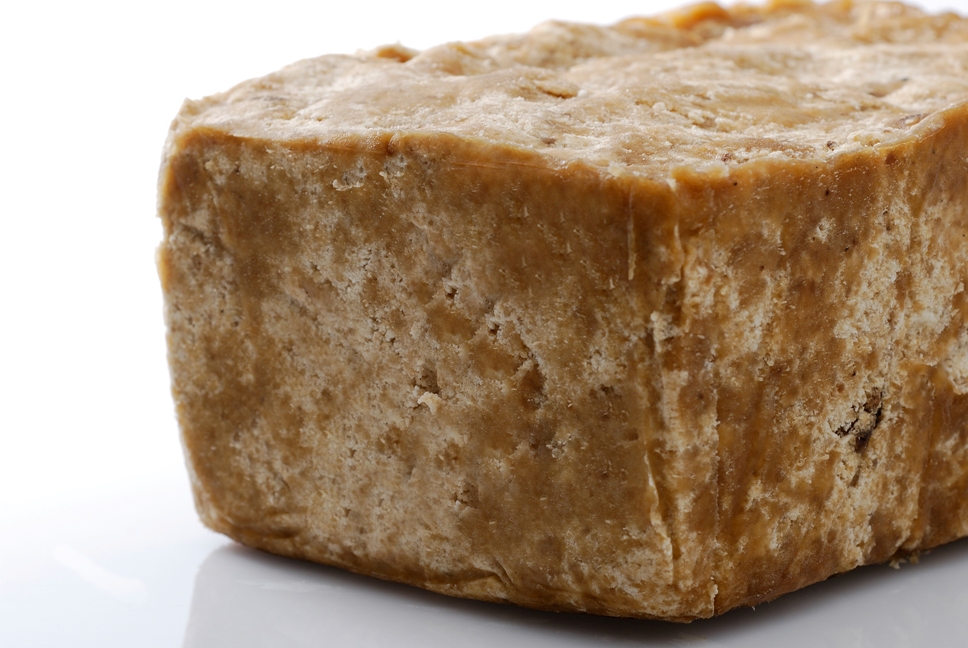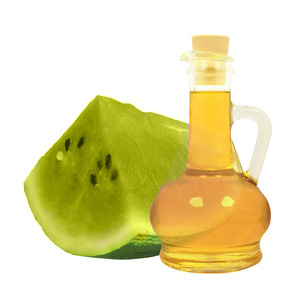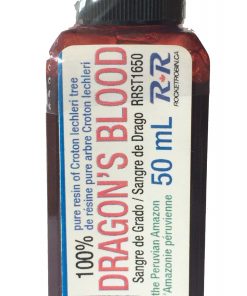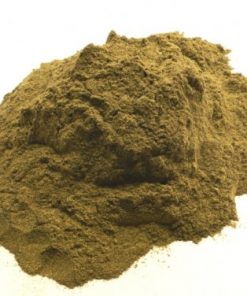Description
Sunflower Oil
Sunflower oil is the non-volatile oil compressed from sunflower (Helianthus annuus) seeds. Sunflower oil is commonly used in food as a frying oil, and in cosmetic formulations as an emollient. Sunflower oil was first industrially produced in 1835 in the Russian Empire. The world’s largest sunflower oil producers now are Russia, Ukraine and Argentina.
Sunflower oil is light in taste and appearance and supplies more Vitamin E than any other vegetable oil. It is a combination of monounsaturated and polyunsaturated fats with low saturated fat levels.
The versatility of this healthy oil is recognized by cooks internationally. Sunflower oil is valued for its light taste, frying performance and health benefits.
Sunflowers are native to the Americas and have been widely used for the extraction of cooking oil since ages. Sunflower oil, also known as ‘Surajmukhi tel‘ (Hindi) is a non-volatile oil extracted from the seeds of sunflowers. It is commonly used as a cooking oil as well as in cosmetic formulations due to its emollient properties.
Properties
Loaded with oleic acid (omega-9) with high amounts of vitamins A, D, and E, it also has beneficial amounts of lecithin, and unsaturated fatty acids. It is deeply nourishing and conditioning for the skin, and is highly recommended for recipes designed to treat dry, weathered, aged, and damaged skin.
Vitamin E
A benefit of sunflower oil is that each 1 tbsp. serving provides 5.6 milligrams of alpha-tocopherol, a form of vitamin E that acts as an antioxidant in your body, according to the Linus Pauling Institute. Sunflower oil has more vitamin E than other good sources, such as most nuts, peanuts and olive, soybean, corn and canola oil. Consuming a good amount of vitamin E may strengthen your immune system and lower your risk for heart disease.
Health Benefits
Heart Health: The balance of fatty acids found in sunflower oil, including a good amount of linoleic acid (an omega-6 fatty acid) is very good. Although omega-6 fatty acids are typically considered “bad” cholesterol, they are still essential in the body. The problem is, most people have too many! Finding a healthy balance of good cholesterol (omega-3s) and bad cholesterol is very important. Furthermore, sunflower oil doesn’t contain any saturated fats, which means that it can actually reduce your overall cholesterol content in the body. This means that you are far less likely to develop atherosclerosis, which clogs arteries, raises blood pressure, and increases your chances of suffering a heart attack or a stroke. Sunflower oil, in moderation, is a good choice for those who want to keep an eye on their heart health!
Skin Health: Sunflower oil is rich in vitamin E, which acts as an antioxidant in the body. It has been directly connected to preventing heart disease and boosting your immune system. Furthermore, vitamin E is specifically related to improving skin health and regenerating cells. This means that your skin is better protected against damage from the sun, as well as the natural degradation of age that occurs when free radicals are present in the body. Antioxidants like vitamin E neutralize free radicals, keeping them from destroying or damaging healthy cells. You can see an increased reduction in scars, quicker wound healing, and a healthier natural glow to your skin. This is why sunflower oil is commonly used in cosmetic applications!
Energy Booster: The fatty acid content in sunflower oil is also connected to energy levels in the body. Saturated fats can make you feel sluggish, while unsaturated fats, of which sunflower oil has many, can keep you feeling energized and ready to face your day!
Cancer Prevention: As mentioned above, sunflower oil is rich in antioxidants and substances that act as antioxidants. Vitamin E, which has varieties known as tocopherols, are powerful antioxidants that can eliminate free radicals before they can mutate healthy cells into cancerous cells. Specifically, sunflower oil has been linked to preventing colon cancer, but there are a number of research studies ongoing to verify its effects on a wider variety of cancers.
Anti-Inflammatory Capacity: Asthma affects millions of people around the world, and this respiratory condition can range from mild to life-threatening. Sunflower oil has been positively correlated with a lower amount and severity of asthma attacks because of its anti-inflammatory qualities, which are derived from its vitamin content, as well as the beneficial fatty acids sunflower oil contains. Along with asthma, sunflower oil has also been linked to a reduction in severity of arthritis, which is an inflammatory disease.
Immune System Health: We have explained the benefits of antioxidants in the body, but they also have a significant affect on the general immune system and the ability of the body to resist attacks by infection. Sunflower oil protects the skin by strengthening the membrane barriers, thereby making it harder for bacteria and viruses to enter the body. In infants, sunflower oil is highly recommended because it can protect the babies from infections, particularly when they are born premature and are highly susceptible to infections. This same benefit is extended to adults who use the oil as well, although the effects are not quite as dramatic or obvious.
A Final Word of Caution: Although the fatty acids in sunflower oil are important and essential in our diet, sunflower oil does have a higher omega-6 content than most other vegetable oils. There has been some concern about this, particularly for people who already have problems with obesity or cholesterol. If sunflower oil is eaten in excess, without intentionally boosting your omega-3 intake, then it can result in an imbalance of fatty acids in the body, which is dangerous. As long as you monitor how your body is responding and how you feel, then sunflower oil can be a hugely beneficial addition to your diet!
TRUST ROCKET ROBIN
Rocket Robin is proud to be your supplier of truly natural products with simple ingredients in support of your family’s health and well-being.
Additional information
| Weight | 0.3 kg |
|---|---|
| Dimensions | 15 × 15 × 2.5 cm |


